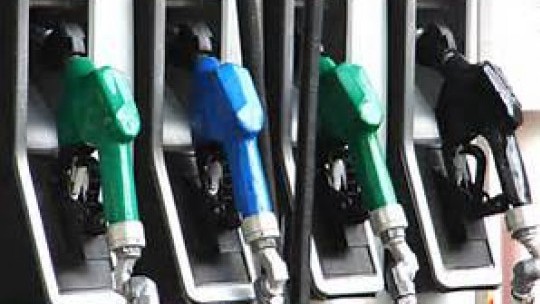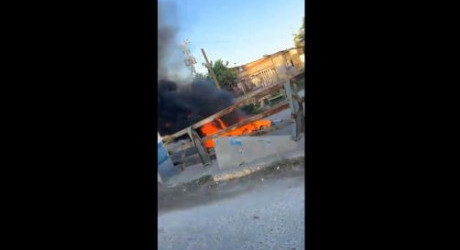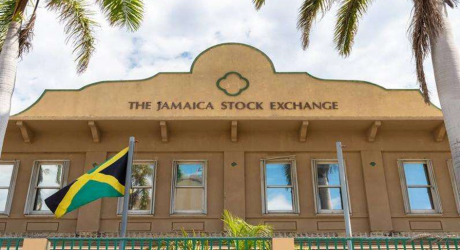A recommendation has been made for increased oversight of Jamaica's petroleum sector.
This advice has come from the Petroleum Trade Reform Committee which investigated the sale of contaminated fuel last year.
The Committee wants the roles of regulatory agencies in the petroleum trade to be clarified to improve accountability. It says the recommendation should be implemented immediately by Ministerial Order or other urgent means.
In its report, tabled in the House of Representatives this week, the Petroleum Trade Reform Committee says there is ambiguity pertaining to the roles of the agencies: the Petroleum Inspectorate, the Petroleum Safety Inspectorate, the National Compliance Regulatory Authority and the Bureau of Standards Jamaica.
It says the definition of terms and areas of responsibility for each entity must be codified in law.
The Committee wants standards and regulations to be developed to remove overlap and close loopholes, so that accountability of the various government agencies can be increased.
The Committee has also recommended that relevant issues relating to the petroleum trade, including penalties for safety breaches, be incorporated in the Occupational Health and Safety Act, currently being drafted.
Unwashed Gum
In the meantime, the Petroleum Trade Reform Committee is recommending that the unwashed gum level of fuel be lowered immediately to a maximum 30 milligrams.
The current level is temporarily set at 35 milligrams.
The Committee says international best practice is that unwashed gum levels should be lower than 35 milligrams.
It adds that motor vehicle manufacturers have indicated that the maximum unwashed gum levels for vehicles sent to Jamaica should be 30 milligrams.
Last year, the Bureau of Standards Jamaica said the main contaminant in the bad gas was unwashed gum.
Research online suggests gum content in gasoline is influenced by the age of the fuel and its exposure to oxygen and certain metals such as copper.
If gasoline is allowed to evaporate, the residue left can form gum and varnish.
According to the research, gasoline should contain as little gum residue as possible to prevent gum formation in the intake manifold, carburetor or fuel injectors as well as on intake valves and stems.






.jpg)


 All feeds
All feeds







